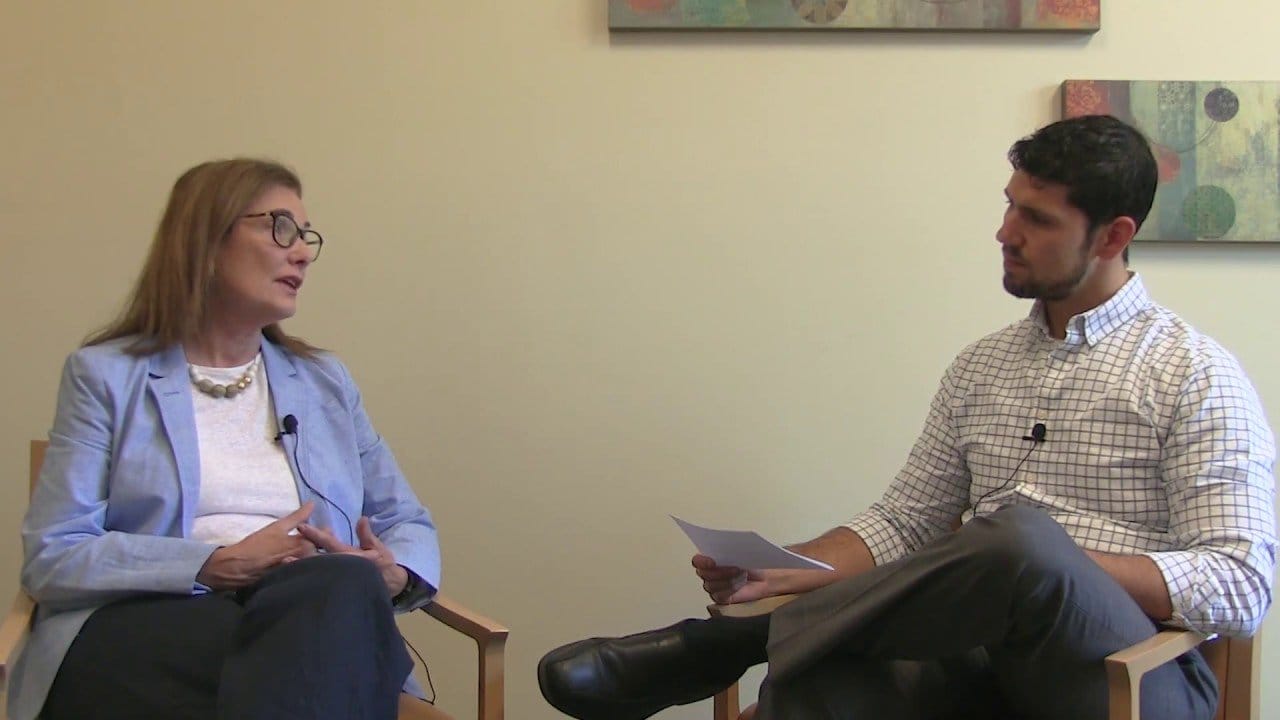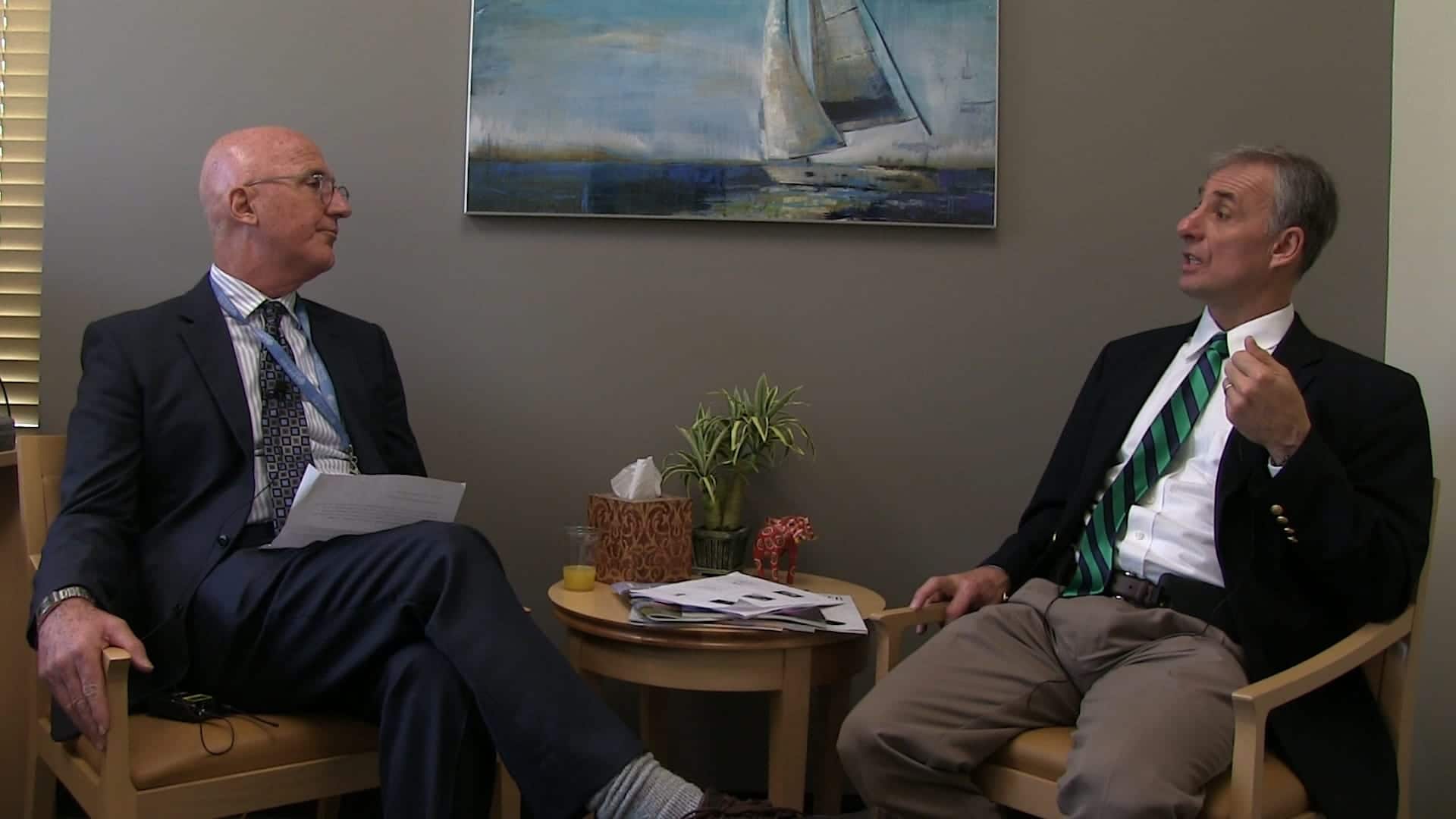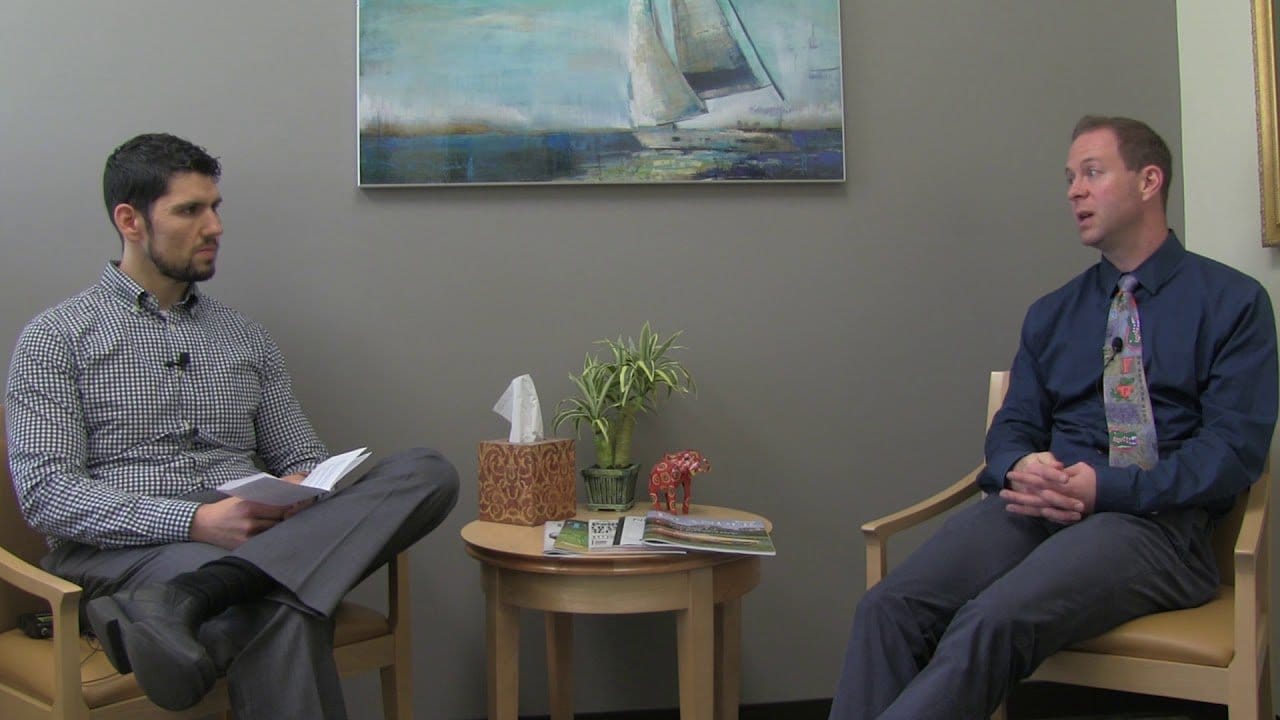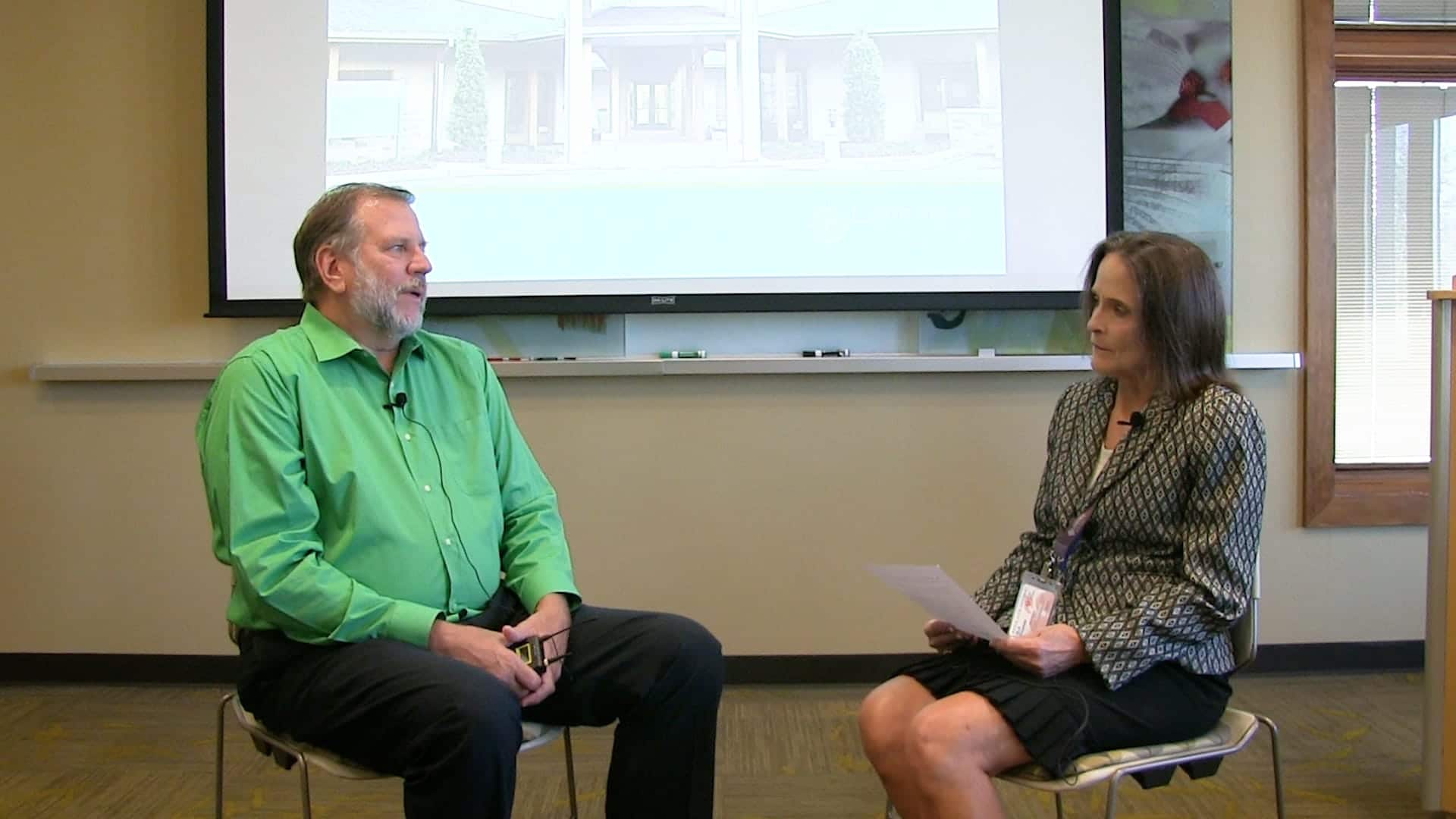In this podcast, Tim Grealish talks about his work as both an interventionist and a recovery comedian. He talks about how humor is a vital part of growing in recovery, especially in early recovery.
Podcast Transcript
Gina Thorne: Hello everyone, this is Gina Thorne with the Lakeview podcast series and I’m joined today with Tim Grealish, interventionist and recovery comedian from Pittsburgh, Pennsylvania Tim Grealish: Yay, Pittsburgh, yay. Gina: Yay. It’s great to have you here, Tim. We’re excited to learn more about your background and to figure out what got you into the field of addiction? Tim: Addiction. My clean date is April 4, 1987, so I’ve been in recovery for 27 years, and like many people who are in this field, they decide after a couple of years in recovery that they might be able to share a gift. So I’ve been able to – I’ve been in the field since ’89. Gina: OK. And so your focus has been in intervention work or were you also working as a clinician? Tim: I worked as a clinician on a clinical staff doing individual caseloads and family treatment for probably 6 or 8 years for a big rehab out in Pennsylvania, right outside of Pittsburgh. I’ve done pretty much everything since then that an inpatient rehab would offer, including EAP service, consultation, drug and alcohol policy writing, but my love is the individual work with the patients. Gina: And the families – you also do a lot of work with interventions. You’re a certified interventionist. So tell us a little bit about your style of intervention Tim: Well, I come to your house, if I come to your house and your whole family is with me and you didn’t know I was coming, just put 28 pairs of underwear in a bag because you are going to rehab. I do a pretty typical Johnson model intervention, where I speak with the family and I collect bio-psycho-social data to make sure that I can get somebody into treatment, so that they qualify. I talk to the families. I get them to write letters, three-part letters where the first part is a positive memory, the second part is how the client’s addiction makes them feel and the third part is usually just, “Will you get the help we’ve arranged for you today?” It’s pretty typical. I use some consequences and I’m not going to go into that right now because I can be a very scary individual. Gina: Well, it sounds like your approach has been very helpful to families in the past. I’m also very interested in learning more about how, as a comedian, you use humor to address the message of recovery. Why do you think that’s so important? Tim: It’s important for me because, for nothing else, as a patient at one time, I was bored to tears by the majority of the presentations, although their content was such that it was educational and it did help me out. But sometimes the presentation style does not lead [sic] itself to making a lasting impression so I can take it out in the world and actually use it to help me stay clean. But it seems when you throw some humor and some comedy in there, people absolutely remember what you’re talking about. They respond better. I found, really, if you want to relax somebody, you get them to laugh. They get a nice endorphin flow going on and they remember you, they trust you, and most of my humor is fairly self-deprecating because of my background. And I think when patients hear some of the things that I’ve personally been through, that they sometimes can’t even believe – they all of a sudden don’t feel too bad about themselves. Let’s face it: The patients that come into Lakeview, the patients that come in anywhere, are coming in usually with self-esteem issues. I once had a guy in group who said that his goal in treatment was to leave treatment with low self-esteem. And I said, “What are you talking about?” He said, “Well, I figure I came in here with none, I’m going to gradually move up to low and climb the self-esteem ladder from that point.” But humor seems to work pretty well. Gina: I think it’s also important because so many of our patients and individuals who come in to treatment have forgotten how to have fun and so much of recovery can be fun. So it’s good that you introduce that component to early recovery for folks. Tim: I will say this. This is just a personal statement: If I couldn’t have fun in recovery, I would probably use. And I learned you can be – I take my recovery very seriously. I take my patients’ recovery very seriously. But I don’t take myself that seriously and it’s not all about the grim reaper is coming to get you. It’s about learning how to live life again and really enjoy life. Gina: Well, you have visited Lakeview here for the first time, what are your thoughts and impressions of our program? Tim: My first thought was when I saw the sign outside by the pond that said “Watch Out for Alligators and Snakes” that your AMA rate must be extremely low because-and now I’m going to suggest to any treatment facilities that might be listening to this podcast to strategically place alligators and snakes all around your property and your patients will never leave and they will always complete treatment. Gina: Well, it works for us. Tim: The place is beautiful. I’m a little prejudiced. As soon as I see a palm tree, I start to go all tropical, and I will say this, the humidity is killing me. But the place is beautiful. The staff, everybody’s polite, everybody’s nice. Haven’t really gotten into the meat of it yet but everything I see so far I really like. I’ll have absolutely no problem knowing the insurance companies, absolutely no problem referring people here, not at all. Gina: Good. Well, we are grateful that you took the time to come down and visit with us you will be presenting to our patients this weekend so we’re very excited about you instilling some of that humor for them. If someone needed to access your services, either as an interventionist or a comedian, how would they get in touch with you? Tim: They could hit my website, which is teginterventions.com . They can email me at Tim@teginterventions.com or they can call my office at (724) 941-5336. Gina: Great. Thank you so much. And again, we want to thank those that are listening to the podcast today. If you’re interested in learning more about Lakeview Health, we invite you to visit us at lakeviewhealth.com. If you or someone you know is struggling with substance use disorders or mental health issues and needs help right away, please call us at [Direct].




